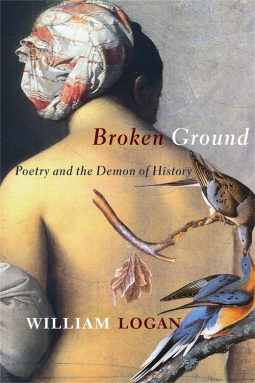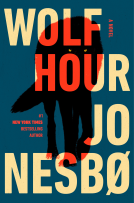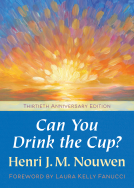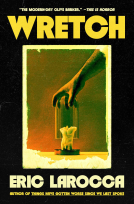
Broken Ground
Poetry and the Demon of History
by William Logan
This title was previously available on NetGalley and is now archived.
Send NetGalley books directly to your Kindle or Kindle app
1
To read on a Kindle or Kindle app, please add kindle@netgalley.com as an approved email address to receive files in your Amazon account. Click here for step-by-step instructions.
2
Also find your Kindle email address within your Amazon account, and enter it here.
Pub Date May 11 2021 | Archive Date Aug 18 2021
Talking about this book? Use #ColumbiaUP #NetGalley. More hashtag tips!
Description
Broken Ground also presents the latest run of Logan’s infamous poetry chronicles and reviews, which for twenty-five years have bedeviled American verse. Logan believes that poetry criticism must be both adventurous and forthright—and that no reader should settle for being told that every poet is a genius. Among the poets under review by the “preeminent poet-critic of his generation” and “most hated man in American poetry” are Anne Carson, Jorie Graham, Paul Muldoon, John Ashbery, Geoffrey Hill, Louise Glück, John Berryman, Marianne Moore, Frederick Seidel, Les Murray, Yusef Komunyakaa, Sharon Olds, Johnny Cash, James Franco, and the former archbishop of Canterbury.
Logan’s criticism stands on the broken ground of poetry, soaked in history and soiled by it. These essays and reviews work in the deep undercurrents of our poetry, judging the weak and the strong but finding in weakness and strength what endures.
Advance Praise
"Most reviews don’t deserve this kind of permanence. Logan’s do. Broken Ground is a showcase of his vastly learned and extraordinarily sensitive expertise on poetic language."
—William Flesch, author of Comeuppance: Altruistic Punishment, Costly Signaling, and other Biological Components of Fiction
Available Editions
| EDITION | Other Format |
| ISBN | 9780231201063 |
| PRICE | $35.00 (USD) |
Average rating from 7 members
Featured Reviews
William Logan presents a work of poetic critique and reflection that would be essential paired reading in a range of literature and composition courses. Erudite, insightful, literary, Logan probes what poetry is in a meaningful and dialogue-provoking manner.
Readers who liked this book also liked:
L.M Montgomery
Children's Fiction, Comics, Graphic Novels, Manga, Teens & YA
L.C. Chu
General Fiction (Adult), OwnVoices, Women's Fiction












